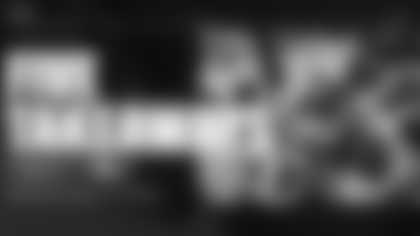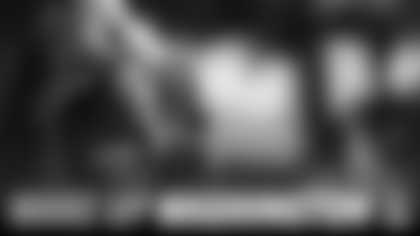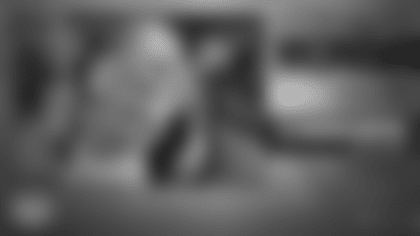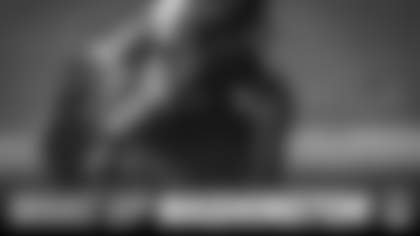The Washington Commanders dropped their second straight game on Christmas Eve when they travelled to California to take on the San Francisco 49ers, 37-20. The Commanders remain in control of their playoff hopes, but they must win the final two games.
Here are five takeaways from the weekend.
1. A decision at quarterback.
Taylor Heinicke had two distinctly different halves against the 49ers. The first showed what the offense can look like when he is in a groove. His 89 passing yards were not eye-catching, but he was efficient with eight completions on 11 attempts and a rating of 126.7.
However, things began to unravel once the 49ers started to extend their lead. He lost a fumble and threw an interception on back-to-back drives in the fourth quarter, and the 49ers were able to turn those extra possessions into two field goals, essentially putting the game out of reach with nine minutes left.
That led to Ron Rivera replacing Heinicke with Carson Wentz at quarterback, and in his first bit of action since breaking his finger in Week 6, the veteran led the Commanders on an 11-play, 82-yard touchdown drive that ended with a 20-yard pass to Curtis Samuel.
Rivera now faces a decision at quarterback for the last two games. Both Wentz and Heinicke bring something different to the position, and while Rivera did not say much on the subject, he did inform reporters at his press conference that he and the offensive staff would evaluate the film and make a decision the following week.
Rivera is addressing the media on Tuesday, so his choice will likely come then.
"I'll make it early, too, because whoever's going to start is going to get the chance to work," Rivera said.
2. San Francisco constantly worked with a short field.
San Francisco's offense is already good enough; it does not need any extra advantages. But the unit consistently received help that made getting to the end zone much easier.
The fumble and interception from Heinicke are the most obvious examples, which both put the 49ers deep in Washington's territory. San Francisco then turned those opportunities into six points which, at that point in the game, were brutal for Washington.
But there were other moments that gave the 49ers shorter paths to touchdowns. Washington's gamble on a fourth down conversion at its own 30 came up short, and the 49ers wasted no time getting the score with a two-play drive. Prior to that, San Francisco started at a drive at its own 40 because of an unnecessary roughness call on Washington and moved all the way to the Commanders' 8-yard line before kicking a field goal.
By the end of the game, 35 of San Francsico's 52 offensive plays were run in Washington territory.
3. The missed opportunities on offense.
The turnovers played a direct role in the game getting out of hand for the Commanders, but the most frustrating part about the afternoon was that there were moments when things could have been different.
It started on the Commanders' third drive of the game. It took some time for Washington to find its groove, but the offense was doing all the things it did best during its winning stretch. The unit moved the ball, leaned on the run game, controlled the clock for 17 plays and got down to the 49ers' 1-yard line.
But Washington's red zone struggles made a return as well, and both of Washington's attempts to cross the goal line were stopped short. The 49ers then went 99 yards and took the lead seven plays later.
Other drives stalled shortly after they began. Washington was gifted prime field position when Robbie Gould's kickoff in the second quarter rolled out of bounds, setting up the offense at the Washington 40-yard line. All Washington could do on the drive was move the ball 10 yards on five plays before punting it back to San Francisco.
Against teams like the 49ers, empty drives must be kept to a minimum. The margin for error has significantly lessened for Washington in the last two weeks of the regular season, and it must find a way to maximize its possessions.
4. George Kittle was a problem.
There are a few reasons why the 49ers did not panic when it was reported that Deebo Samuel would miss extended time with a foot injury. One of those reasons was tight end George Kittle, and he reminded the Commanders on Saturday why he is one of the best at his position.
Kittle, who has 213 yards over the 49ers' last two games, was the best weapon at Brock Purdy's disposal. He recorded six receptions on eight targets for 120 yards, which accounted for 55% of the 49ers 218 net passing yards, and both of his scores helped put Washington in a two-score hole.
The first came on third-and-4 from Washington's 34-yard line at the start of the third quarter. Technically, Purdy had two options on the play, but Kittle got behind Darrick Forrest and cut through the middle of the Commanders' secondary and made the catch in the end zone.
The next came after Washington's failed fourth-down conversion. Kittle made the catch around the left sideline and weaved his way through the secondary and wrapped up a 34-yard scoring drive with a 33-yard touchdown.
The Washington Commanders are on the field warming up for their Week 16 matchup against the San Francisco 49ers. (Emilee Fails/Washington Commanders)
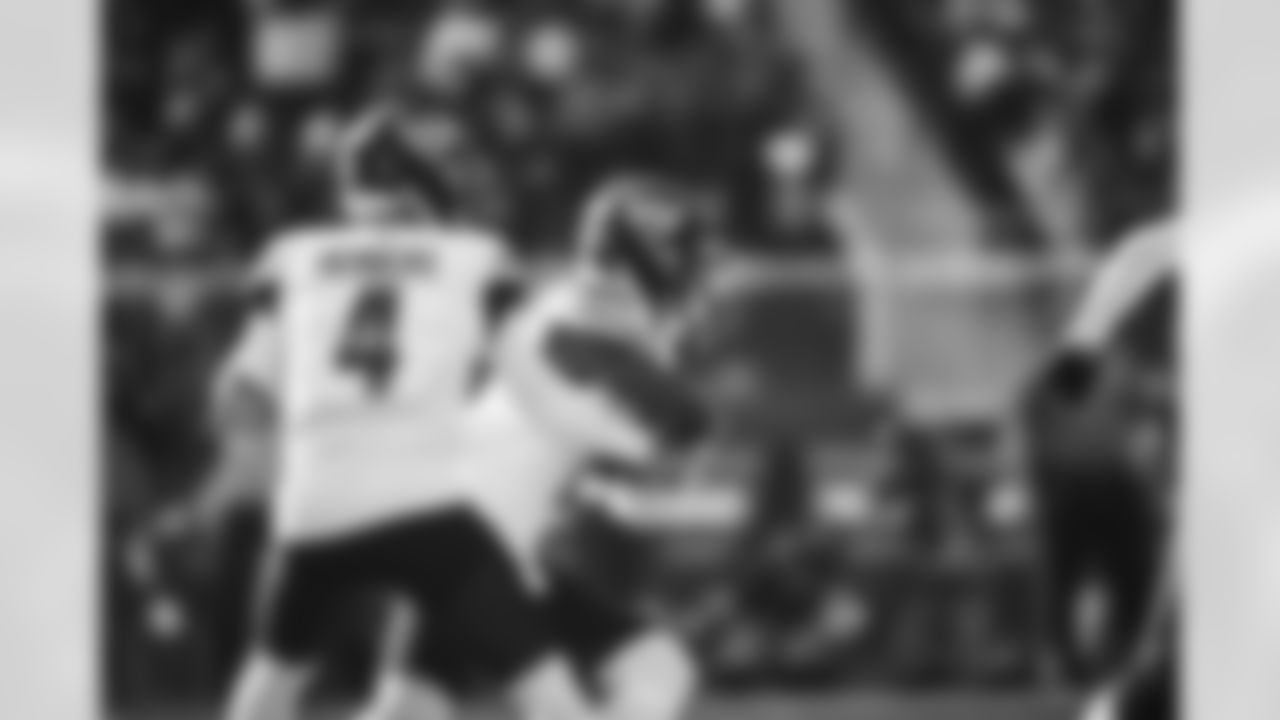


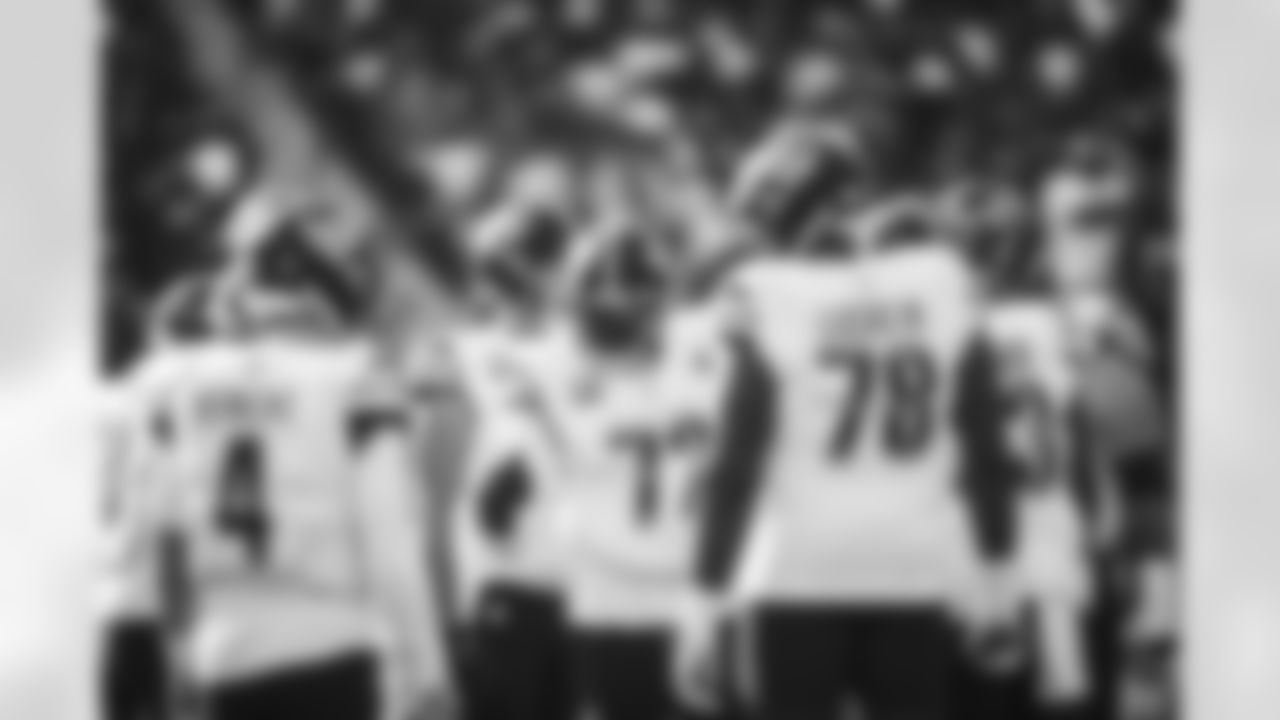
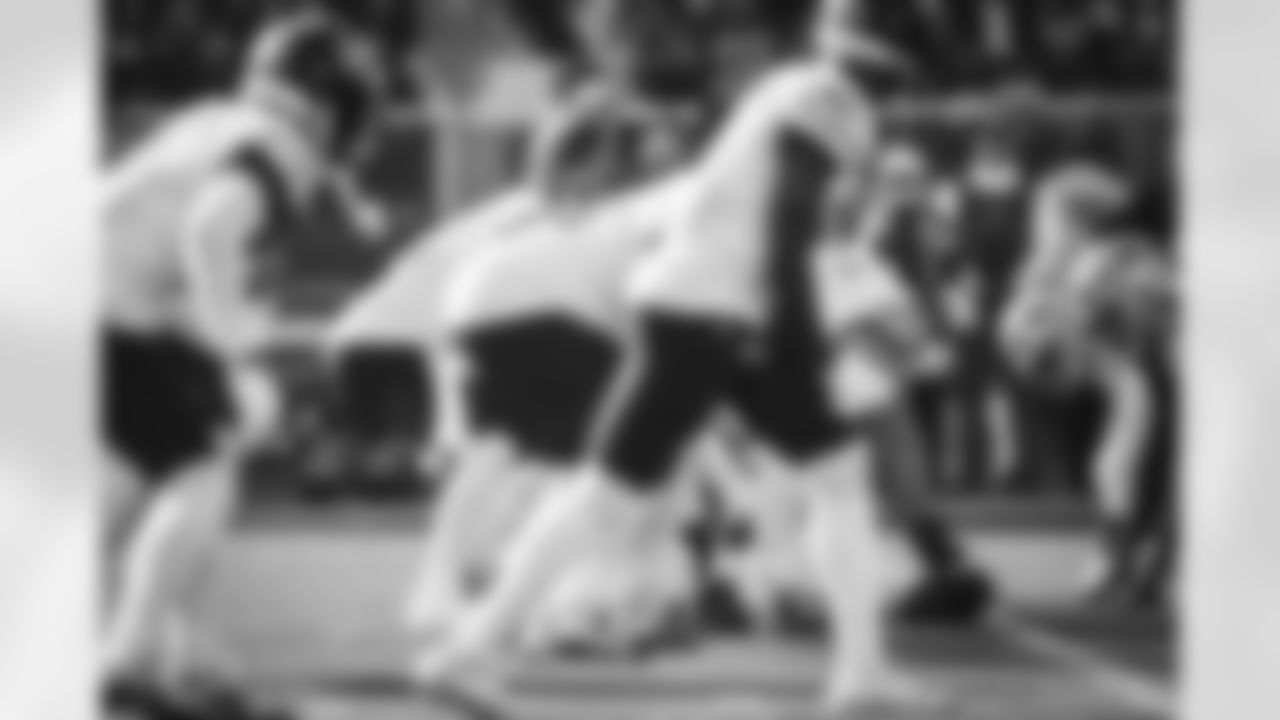

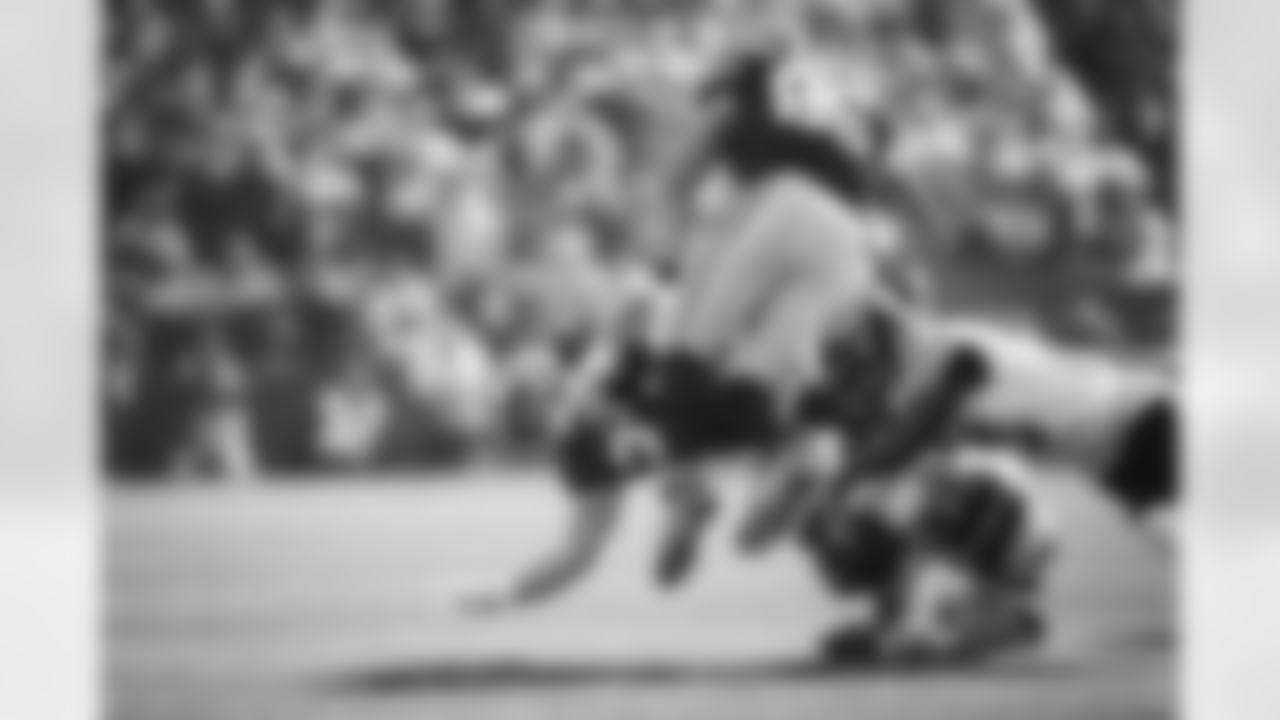
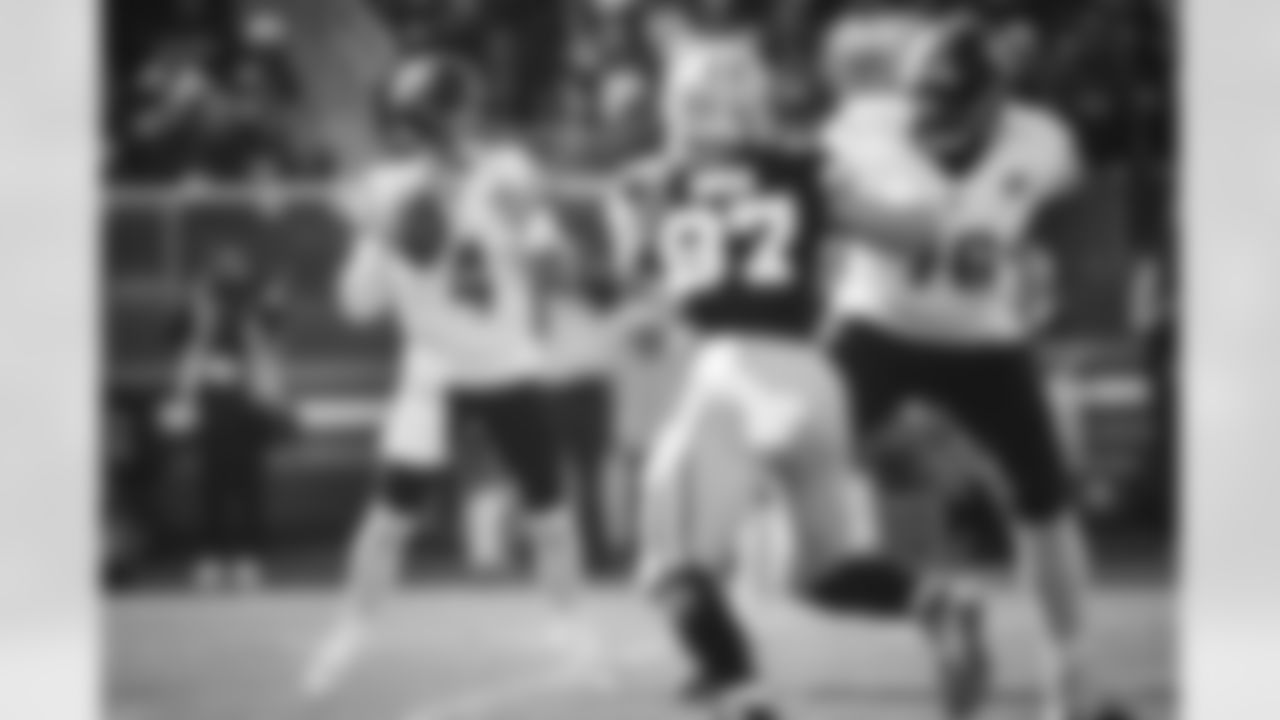
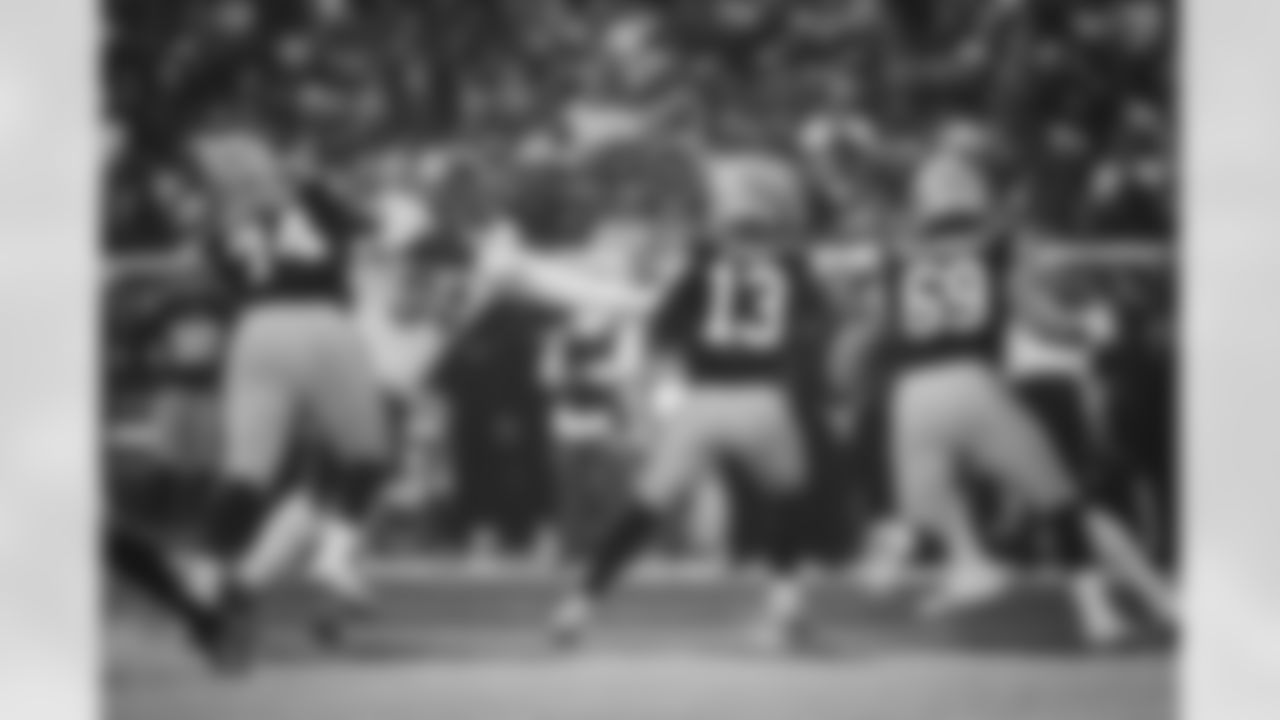

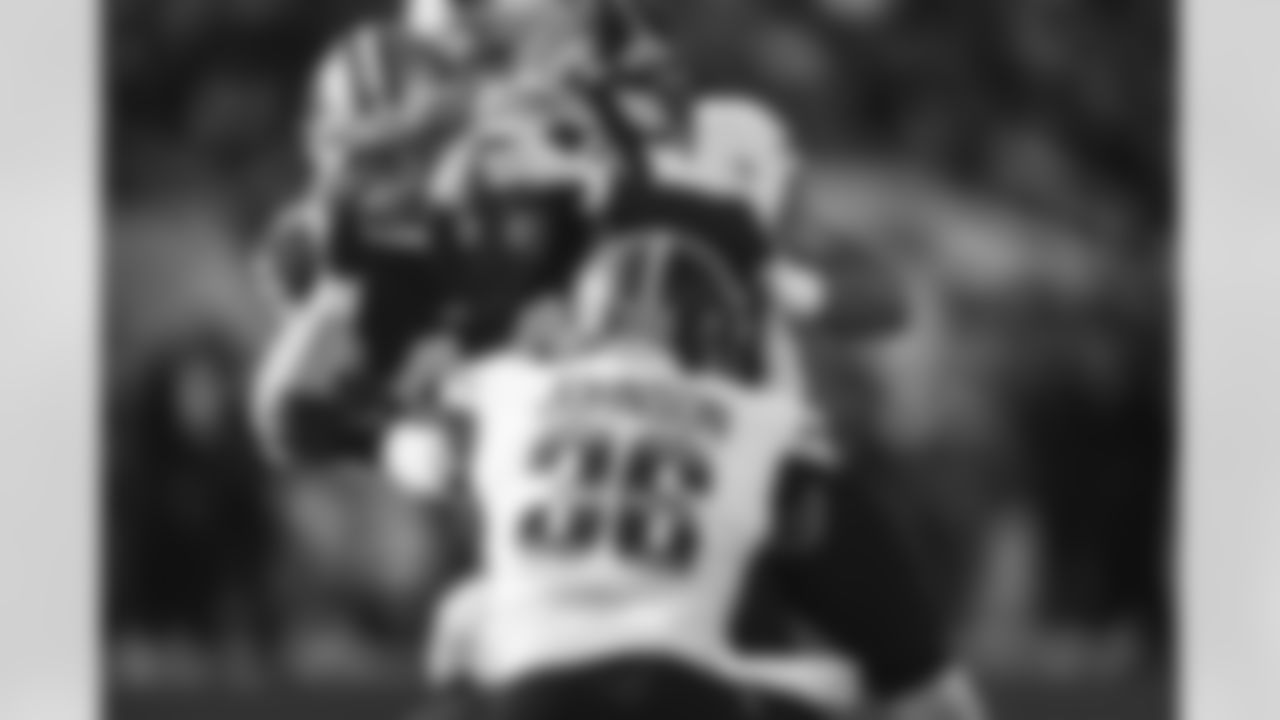

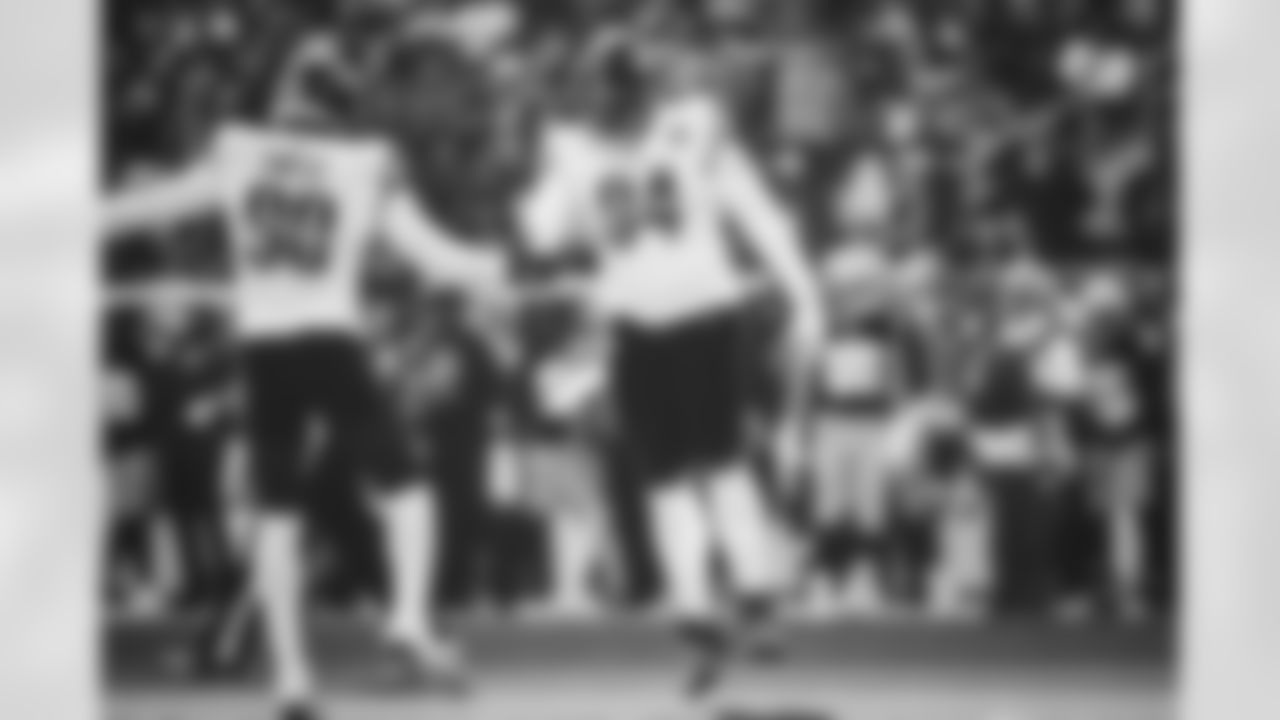
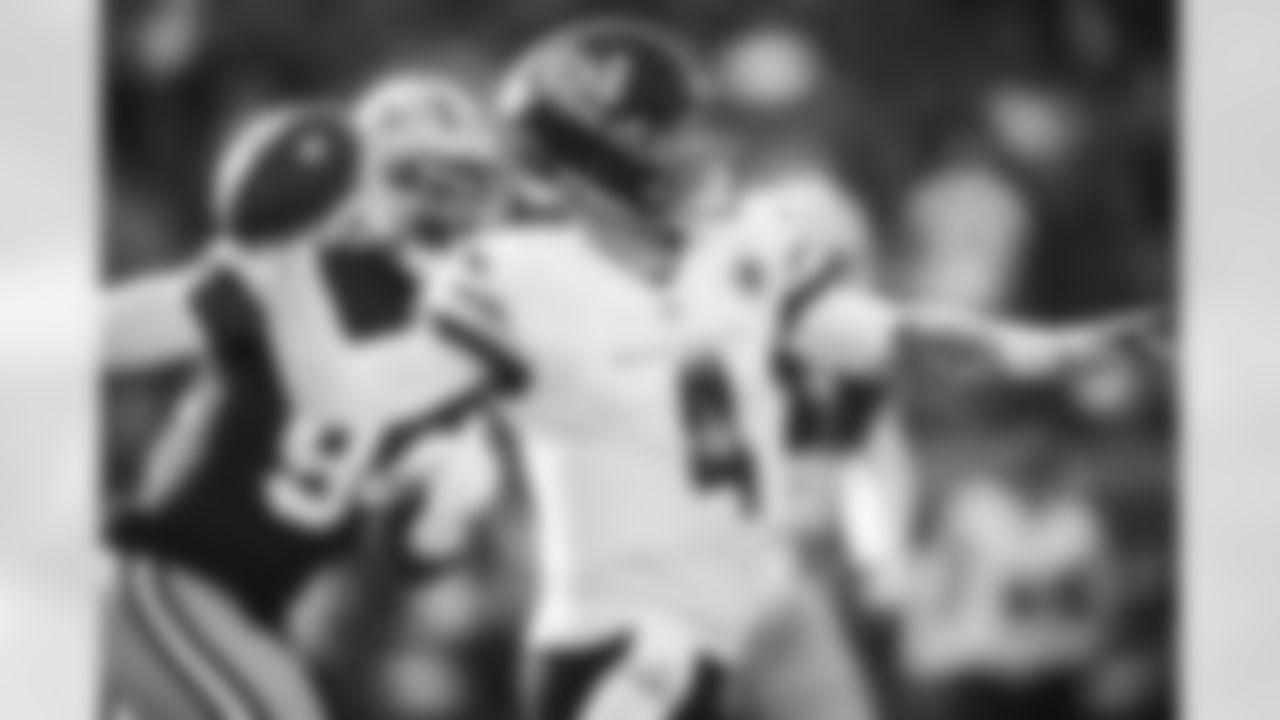
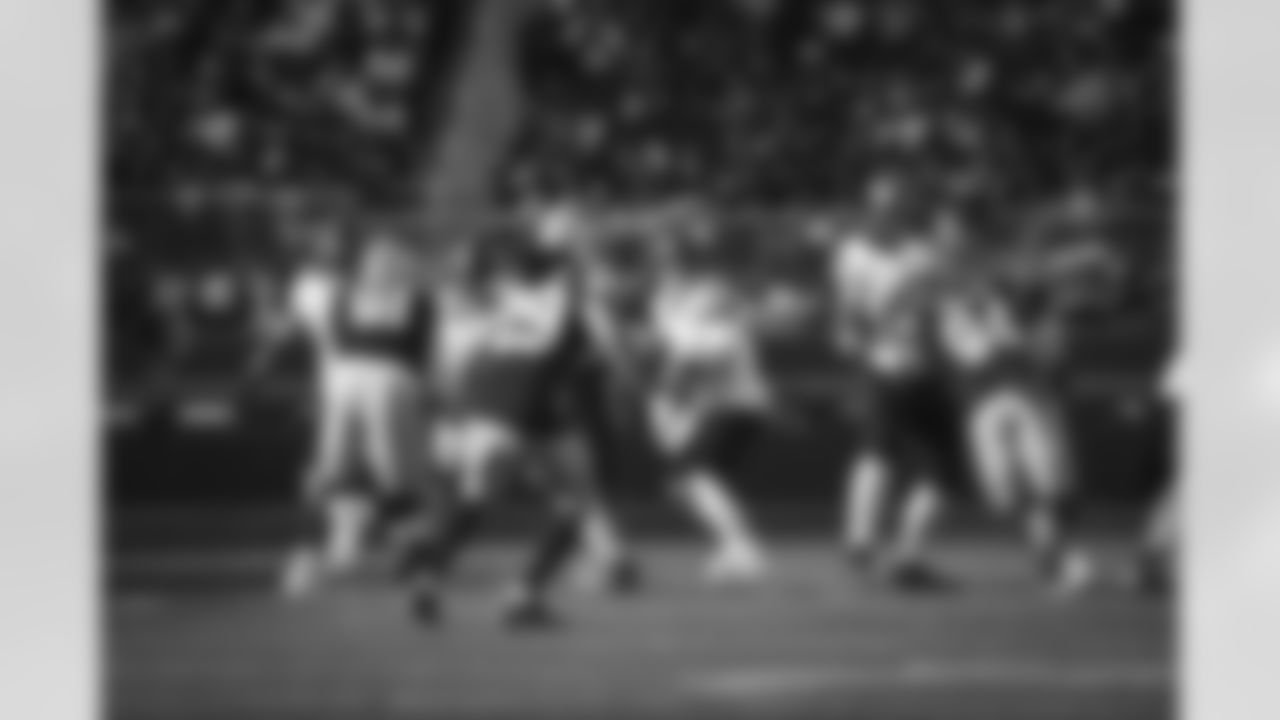

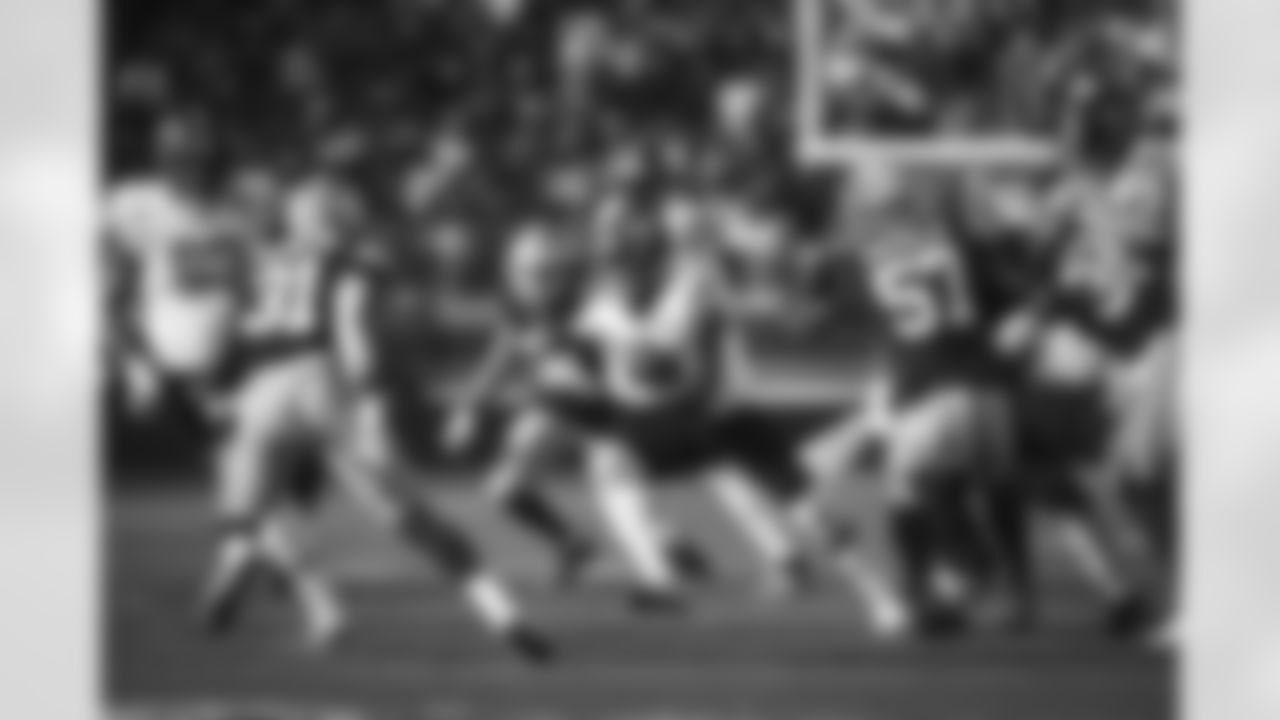
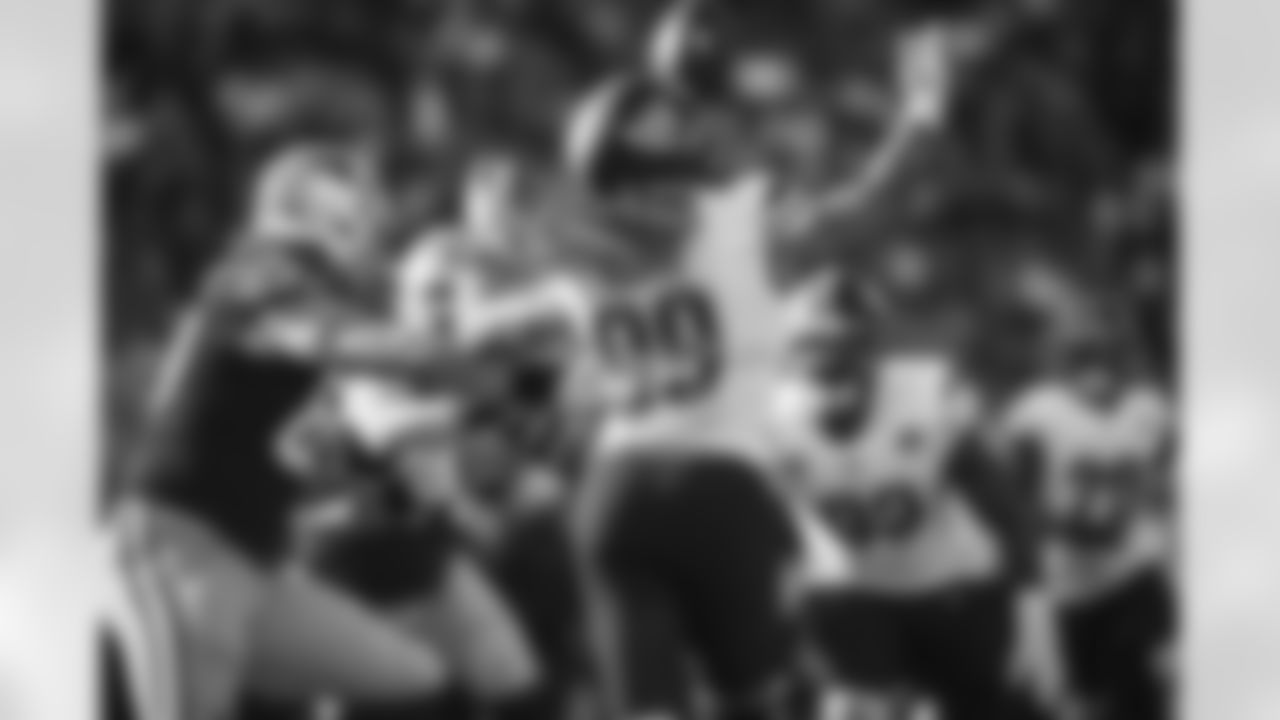
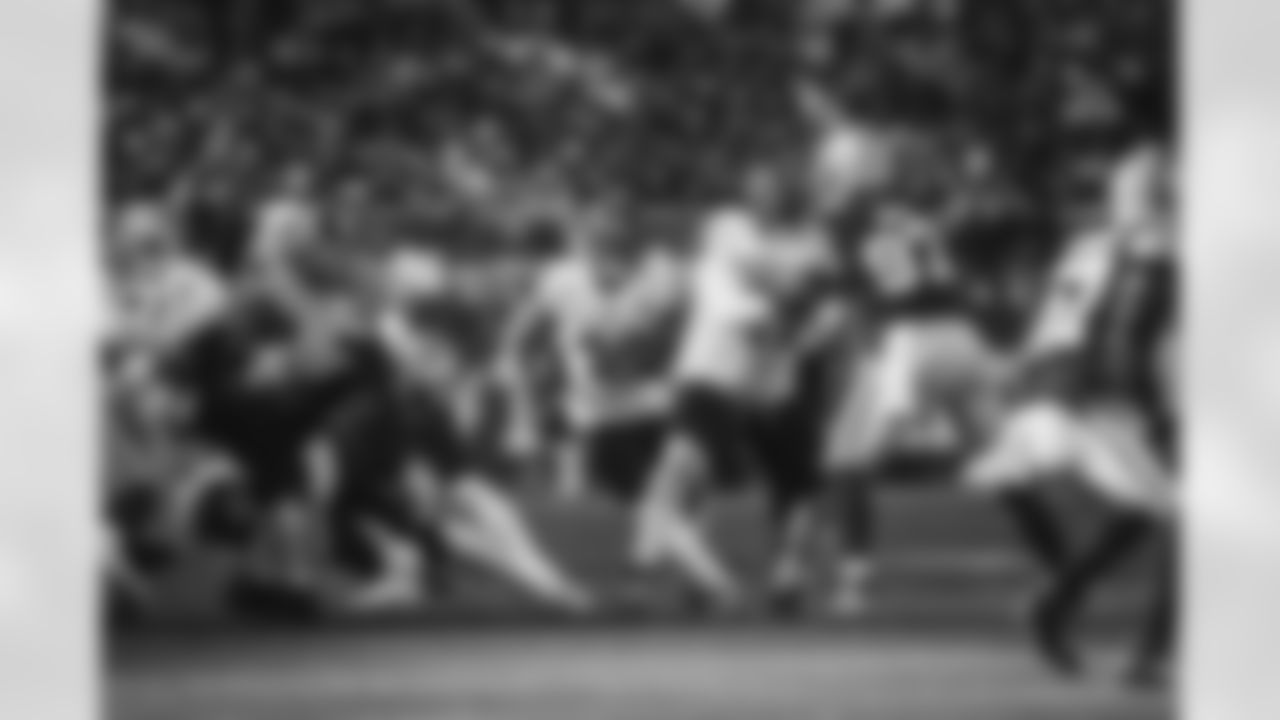
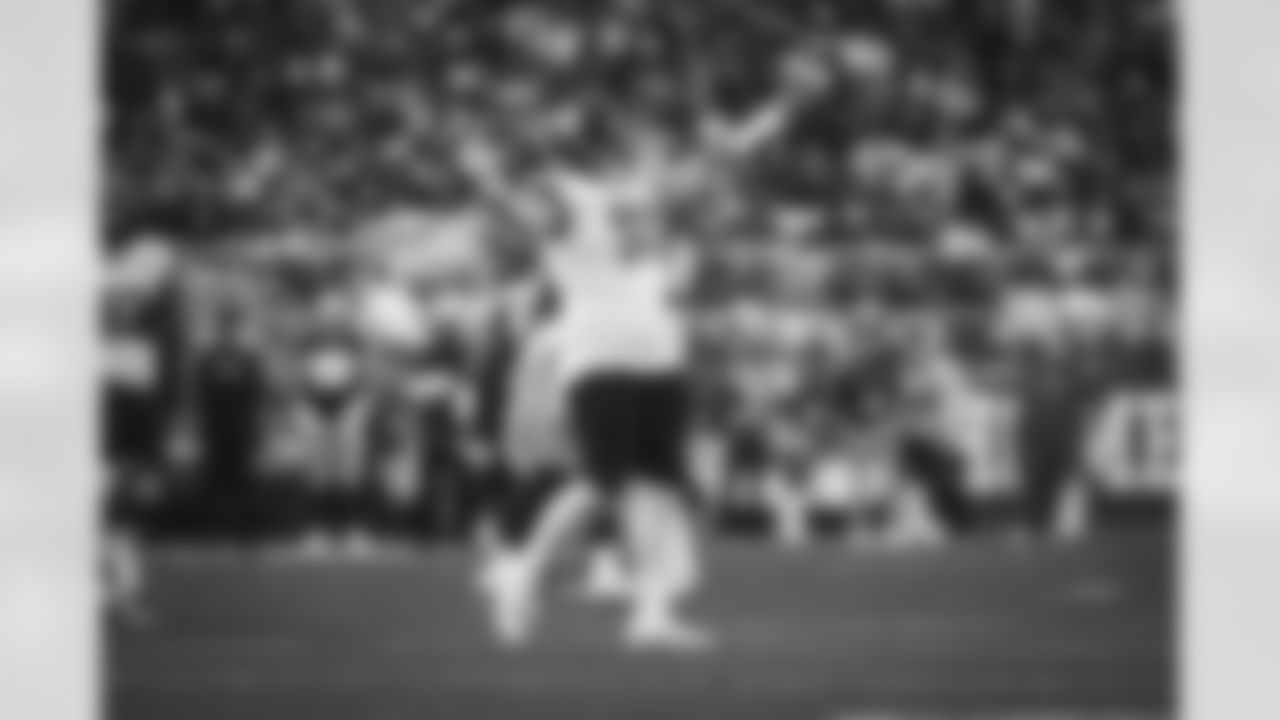

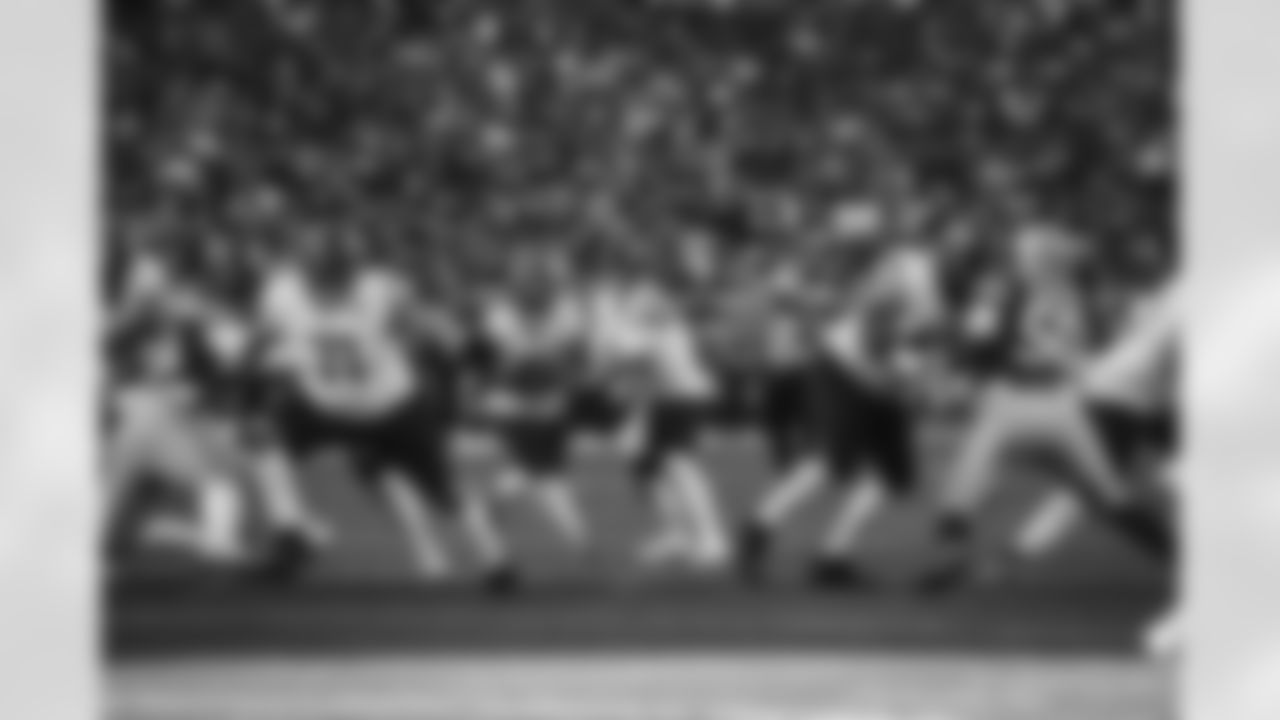
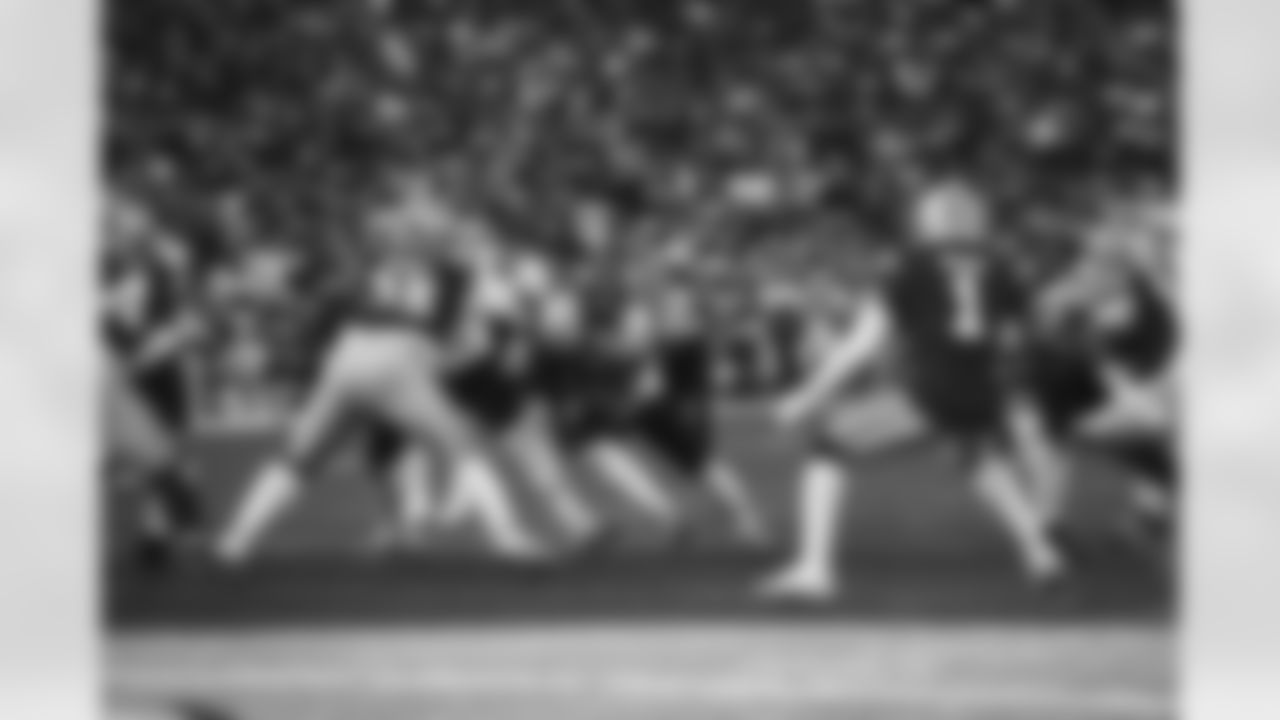
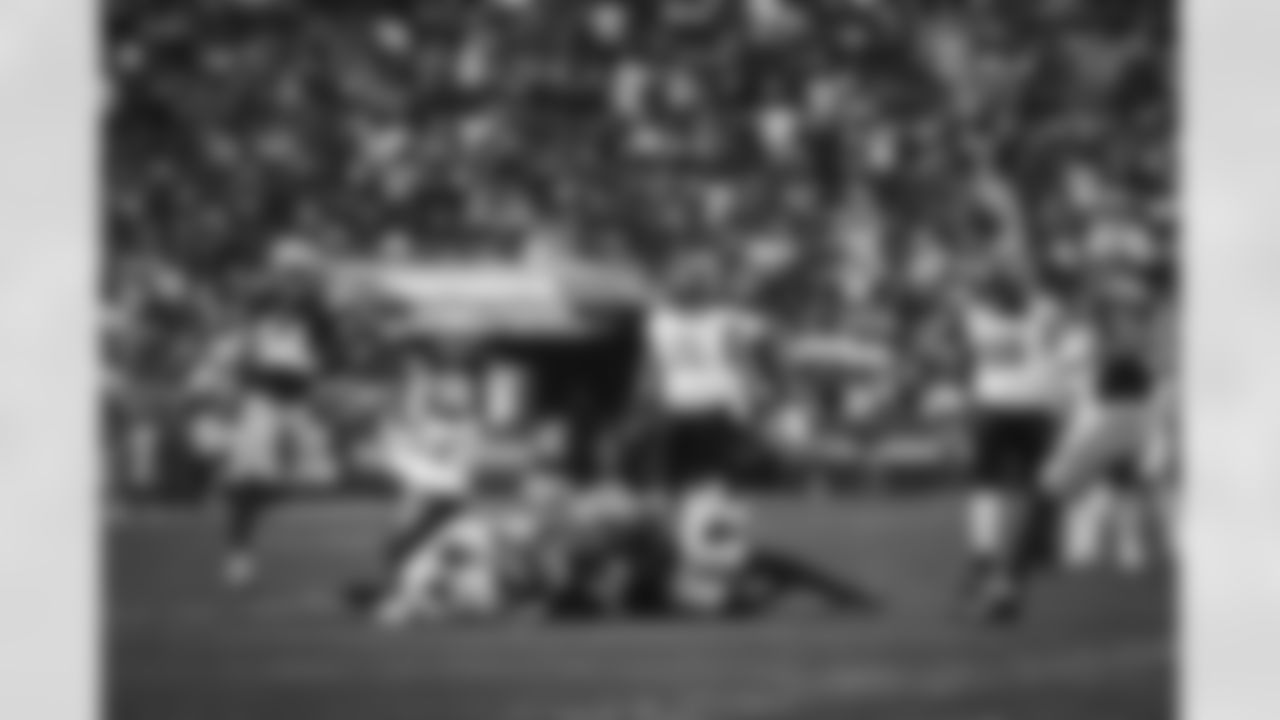
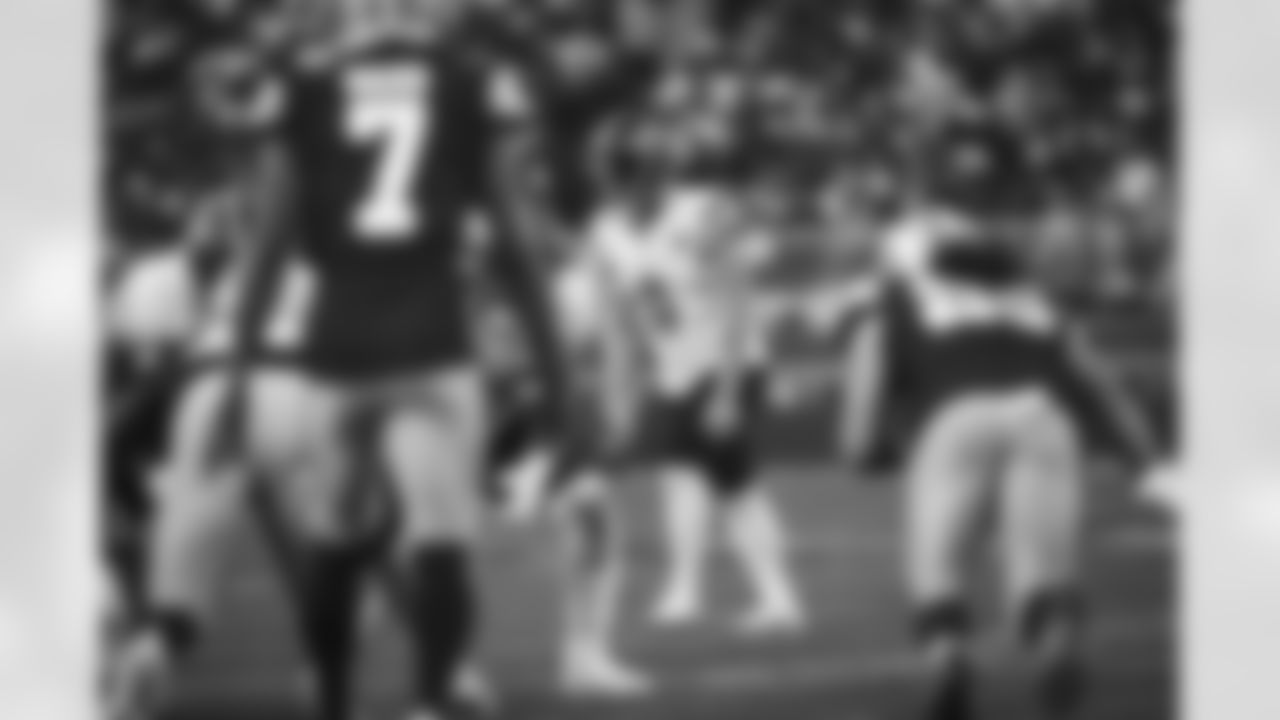
5. Washington still controls its destiny.
There has been little for Washington to celebrate over the last month, from the tie against New York to the loss in primetime and the ugly loss out west. Despite all of that, though, Washington still has the No. 7 seed in the playoffs.
Washington's position can be traced back to the misfortune of other teams. Both the Seattle Seahawks and Detroit Lions lost prior to kickoff, so the Commanders were guaranteed to stay in the playoff picture regardless of the Christmas Eve outcome.
But Washington is running low on escape routes. It must win the final two games to stay in control of its destiny, and that starts with the Browns, who are 6-9 but have talent on both sides of the ball.
The scenario is simple for Washington in its final pair of home games: win. But first, it must get out of the funk it has been in all month.



